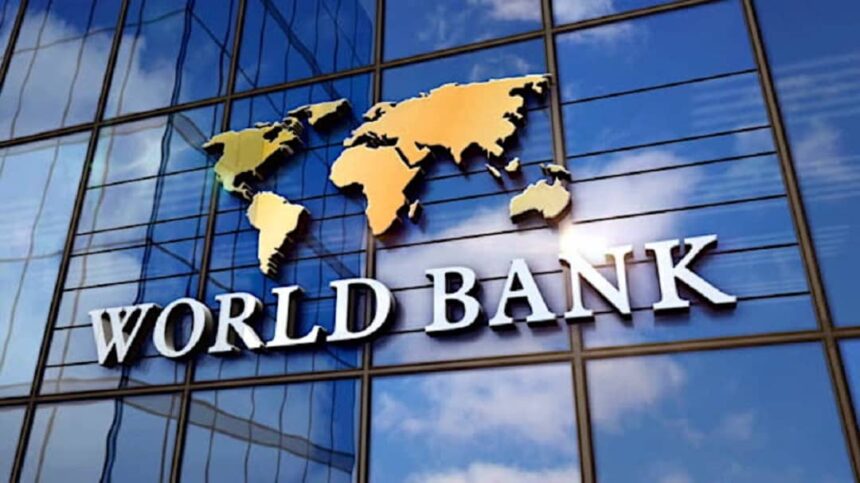The World Bank reports that nearly half of Nigeria’s population, approximately 107 million people, live in poverty, with an international poverty line of $2.15 per day. However, other reports from the World Bank suggest the number could be higher, around 129-139 million people, which translates to about 56% of the population living below the poverty line.
Key factors contributing to poverty in Nigeria includes rising inflation which has eroded the purchasing power of Nigerians, with headline inflation anticipated to peak at an average annual rate of 31.7% in 2024.The economy’s sluggish growth has also failed to keep pace with population growth, leading to increased poverty levels.
Previous policy decisions, such as the demonetization policy and fuel subsidy removal, have contributed to economic challenges.
Also events like the COVID-19 pandemic, natural disasters (flooding), and insecurity have further exacerbated poverty.
The World Bank emphasizes the need for creating productive and remunerative jobs to harness Nigeria’s demographic dividend, expanding social safety nets to protect vulnerable populations from economic shocks is crucial and implementing structural reforms to address supply-side constraints, particularly in agriculture and energy, can help reduce poverty.


